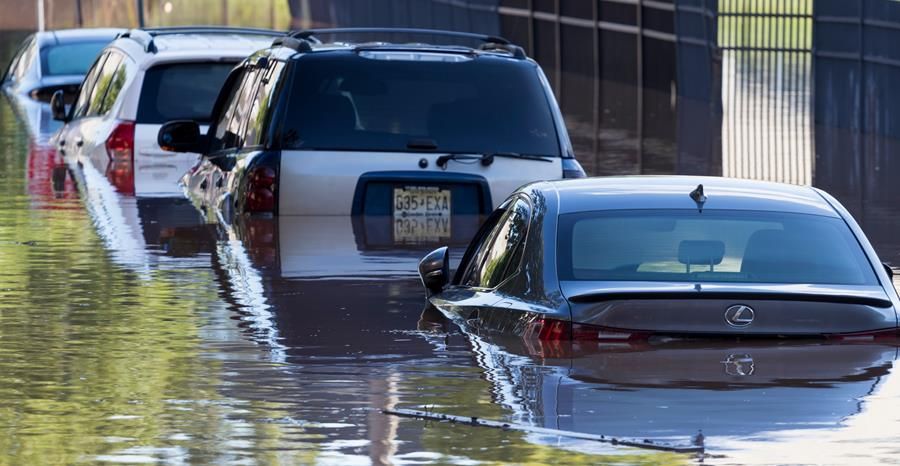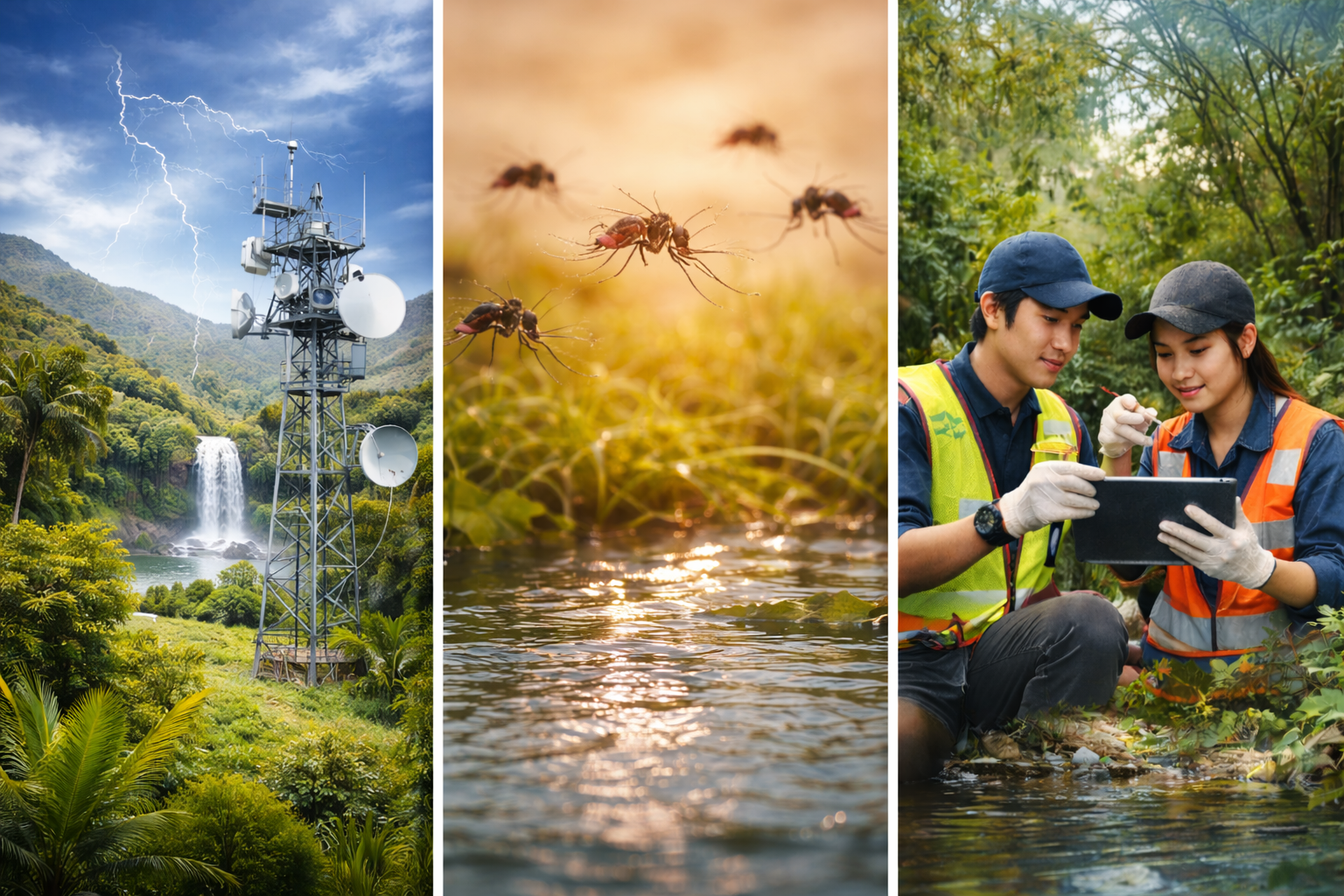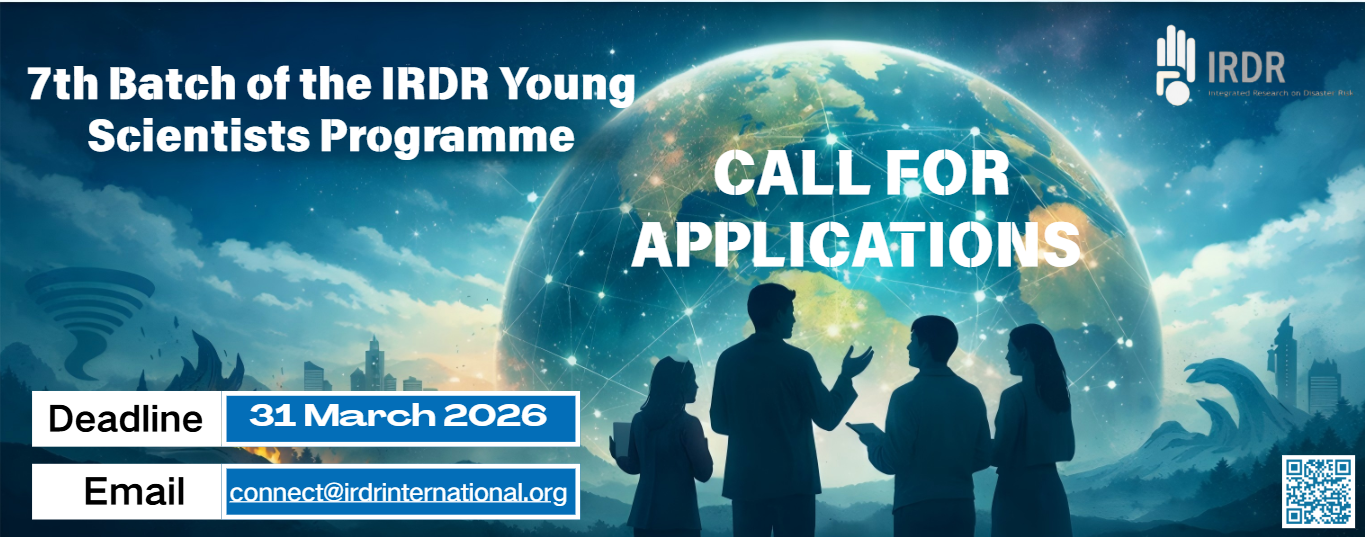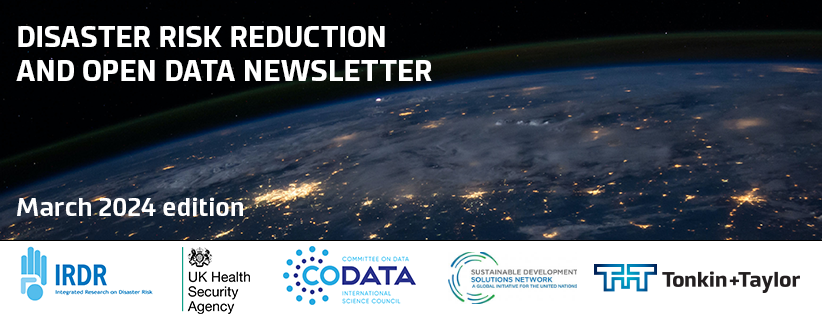

How air pollution delayed a surge in extreme rain
Aerosol pollutants have masked the effects of global warming. Without them, the U.S. is about to get a lot wetter.
Navigating Troubled Waters
Since November 2023, escalating attacks on ships in the Red Sea have been compounding disruptions in the Black Sea caused by the war in Ukraine, and in the Panama Canal due to climate-induced droughts. The drop in monthly transits underscores the magnitude of overlapping shipping disruptions.
Building communities that are resilient to disaster risks and climate change effects
To build resilience amongst the plantation community, in June 2023, UNICEF engaged with 130 children living in the tea estates in Sri Lanka to teach them about climate change, the changing weather patterns, and how they can minimize their risks.
FAO proposes five key actions to address climate-conflict nexus
At the United Nations Security Council, Deputy Director-General Beth Bechdol urges game-changing solutions to break the vicious loop between climate crisis, conflict and hunger.
NASA Launches New Climate Mission to Study Ocean, Atmosphere
NASA’s satellite mission to study ocean health, air quality, and the effects of a changing climate for the benefit of humanity launched successfully into orbit at 1:33 a.m. EST Thursday.

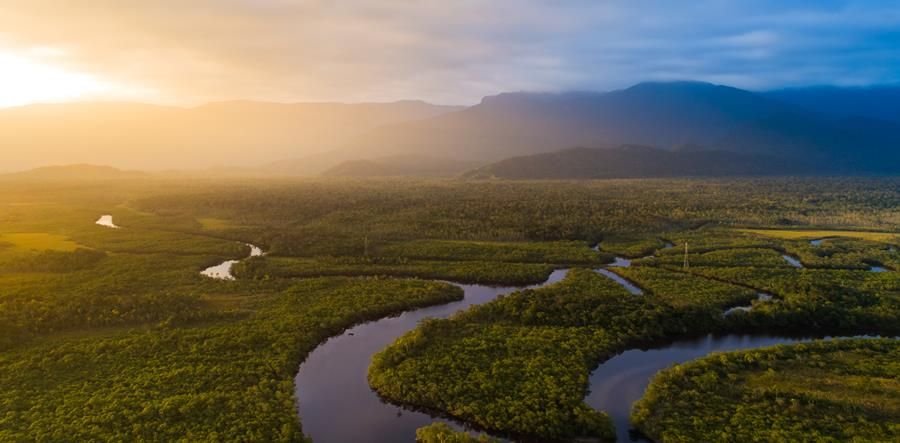
Critical transitions in the Amazon forest system
The possibility that the Amazon forest system could soon reach a tipping point, inducing large-scale collapse, has raised global concern. For 65 million years, Amazonian forests remained relatively resilient to climatic variability. Now, the region is increasingly exposed to unprecedented stress from warming temperatures, extreme droughts, deforestation and fires.
Detecting atmospheric rivers with satellite observations
Combining this approximated 3-D data with the moisture observed by satellite, scientists created—for the first time—a method to detect atmospheric rivers(AR) via satellite observations. Using this newly developed method, scientists produced the first satellite-based near-global AR dataset.
Century of Reforestation Reduced Anthropogenic Warming in the Eastern United States
Restoring and preserving the world's forests are promising natural pathways to mitigate some aspects of climate change. In addition to regulating atmospheric carbon dioxide concentrations, forests modify surface and near-surface air temperatures through biophysical processes.
Groundbreaking new data can help us better understand glaciers
This innovative dataset, featured in the Earth System Science Data journal, offers an important tool to better understand the mechanisms behind glacier calving, or the breakup of icebergs, which can help to enhance our understanding of the climatic drivers behind glacier loss in Svalbard and the Arctic.
Protecting science in times of crisis
This comprehensive paper by the Centre for Science Futures, the ISC’s think tank, addresses the urgent need for a new approach to safeguard science and its practitioners during global crises.


ARISE Japan Public Symposium 2024: Successes and challenges in DRR innovation—including early findings from the Noto Peninsula Earthquake
UNDRR’s private sector group ARISE has always recommended an attitude of constant innovation, taking into account the rapid changes in society, proactively adopting the latest technologies, preparing from new perspectives, in disaster risk reduction actions towards resilience.
Measuring Vulnerability to Disasters: Presenting the Risk Data Hub Vulnerability Dashboard
In the latest lunchtime webinar of the Mission Adaptation Series, attendees will hear an overview of the main functions of the Risk Data Hub Vulnerability Dashboard, including the indicators selected to measure the different dimensions of vulnerability and their evolution over time.
Transforming Adaptation: Harnessing the power of GCF for climate financing
Presented by Bapon Shm Fakhruddin, Water and Climate Leadership, Green Climate Fund on the 7th March at 1:30pm UTC
Free training on climate change, migration, and health in Latin America and the Caribbean
The webinar series “Climate Change, Migration and Health in Latin America and the Caribbean” is scheduled from March 5, 2024 to November 5, 2024. The sessions will be held every two months in Spanish and English, with interpretation.

